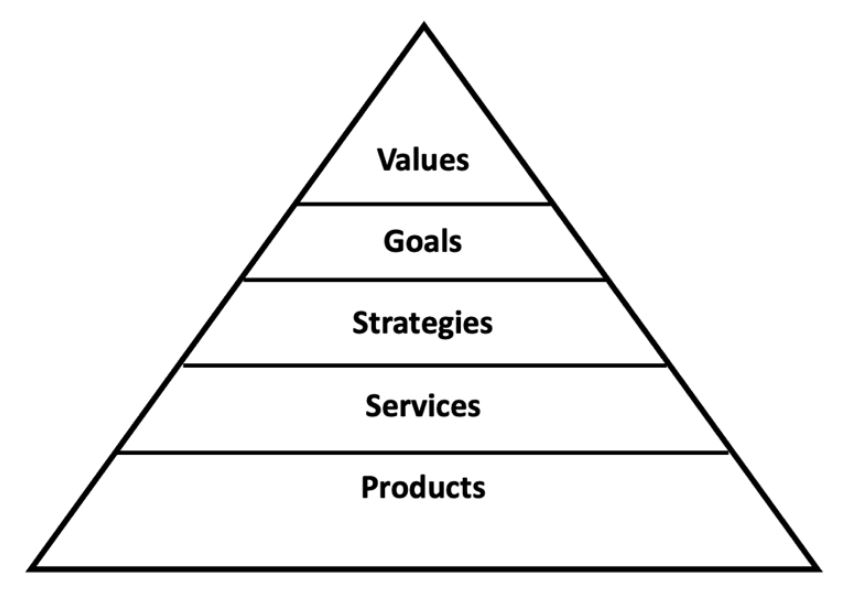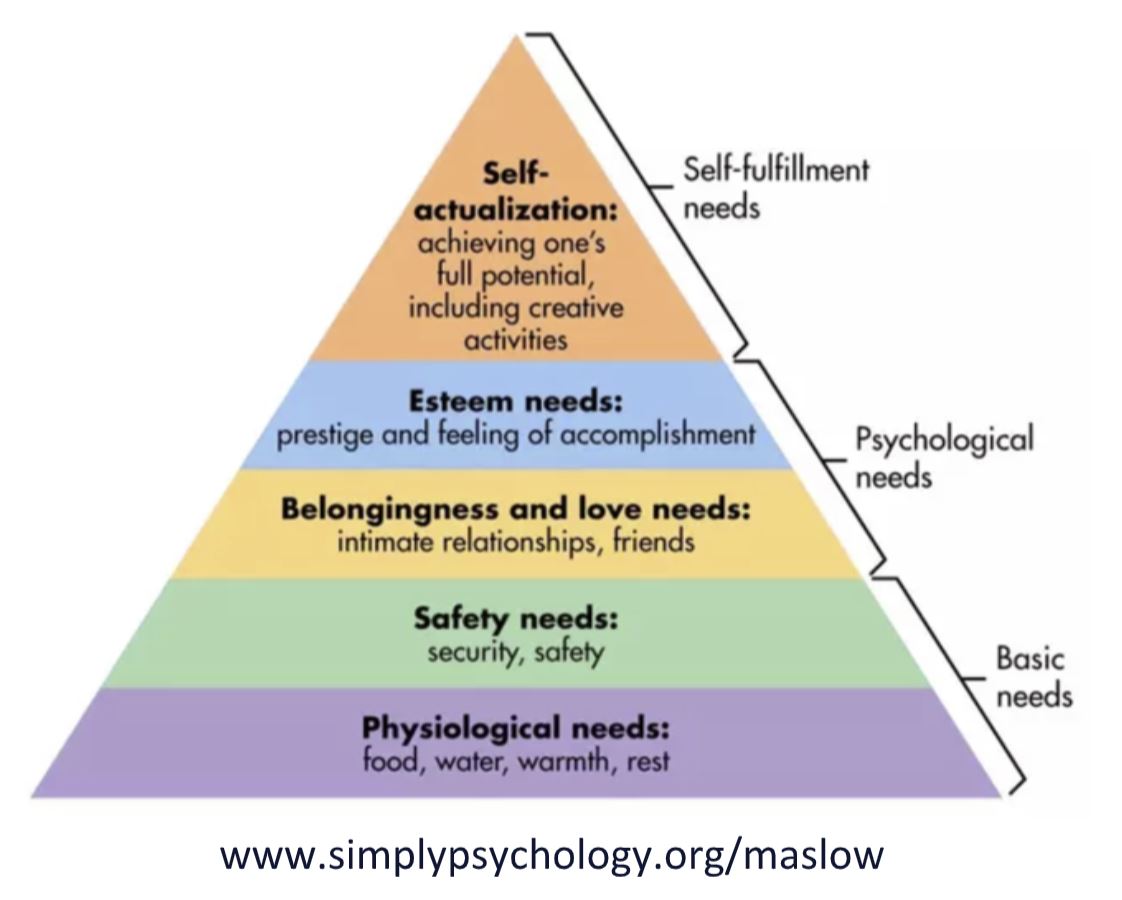-
Get the latest news! Subscribe to the ifa bulletin

Want to provide really valuable financial planning advice? Understand your clients' values.
In the course of its short history, the financial advice process has undergone a metamorphosis. It has transformed from being something of a product and sales-type process, to a process focused on service, then strategy, then goals. Now is the time for a values focus.
Show me your calendar and your cheque book, and I’ll tell you what you value. (Anon)
Product, service, strategy, and goals are all still essential ingredients in the financial planning process. However, values add an extra layer. Understanding clients' values better equips you to help them realise their dreams, achieve their goals, and fulfil their purpose.

If you and your client really understand the client's VALUES, the strategies and products required to achieve their GOALS should fall into place easily.
Goals versus values
Goals are usually concrete: buy a house, start saving, go on holiday, study for a masters' degree, etc. You can help clients turn their goals (the client’s voice) into specific, measurable, realistic, achievable, and time-bound (SMART) goals.
For example:
Turn the goal of, “I want to go on an overseas holiday” into “I want to go on a holiday to Europe (specific) in June 2024 (time-bound). It will cost $25,000 (measurable). We have saved $15,000 so far (realistic) and plan to save another $10,000, or get a personal loan, or use the credit card (achievable).
Values, on the other hand, are more abstract: integrity, honesty, accountability, compassion, creativity, reliability, trustworthiness, determination, to name but a few.
Roy E. Disney of Walt Disney Co. said, "When your values are clear to you, making decisions becomes easier."
Values represent your personal code of conduct. They are fundamental to the way you live and work. They shape how you interact with others, they help you determine your priorities, the choices you make, and how you judge yourself and others.
When your actions are consistent with your values, you feel comfortable with the choices you make even if the outcome of those choices is negative. When some action or decision is not aligned with your values, you feel conflicted and uncomfortable.
Goals should contribute to a person achieving their main purpose in life, and their life’s purpose should be linked to their core values and beliefs. Values help clients understand why they have the goals they have.
A framework for setting goals and understanding values
A framework you could use to help a client set their goals and understand their values is Maslow’s hierarchy of needs model (1943).

The first level is physiological — having enough money to pay the bills and put food on the table. The second is security, putting a roof over your family’s heads. The third is belonging to a family unit, community, and friendship group. The fourth is esteem and accomplishments. And the fifth is achieving your full potential, living a fulfilled and balanced life, and helping others.
Talk your clients through the model and ask them what goals they would like to achieve in each of the five levels. And then what personal values they would like to link to each area.
There are also financial planning tools that can help you walk clients through a more structured and repeatable process that can become part of every client review you do. These tools should help clients identify their values in relation to specific life areas and express these values in their own words. For example, if they choose a Value like “Integrity” in relation to family, they should define it in their own words. Something like: “Integrity – We do what we say we will.”
Values can also be used to hold clients accountable. For example, a client might tell you that family is the most important thing to them. However, if they won’t spend the time and money on personal insurance and estate planning then you could challenge them on this decision by pointing out the implications to their family.
Helping clients set and achieve their goals also allows them to see the value that you add to them and is the first step to turning them into a long-term client. Helping clients determine, articulate, and actively use their values in their day-to-day lives will deepen their relationship with you.
The process often involves challenging a client’s belief systems and giving them tools to really understand what their priorities are in life, and what role money plays in those priorities. This can be done with new clients or introduced to clients you have known for years.
A study conducted in 2019 by Fidelity Investments suggests that, “advisers start by managing their clients’ money, build upon that to help clients achieve their goals and peace of mind, and then ultimately help clients reach fulfillment: a sense that they have accomplished their life’s purpose and are leaving a legacy".
A great place to start, if you haven’t already, is to take yourself and your spouse/family through the process and define your own values.
Dr Michael Topper, director, AstuteWheel

Neil is the Deputy Editor of the wealth titles, including ifa and InvestorDaily.
Neil is also the host of the ifa show podcast.
Never miss the stories that impact the industry.